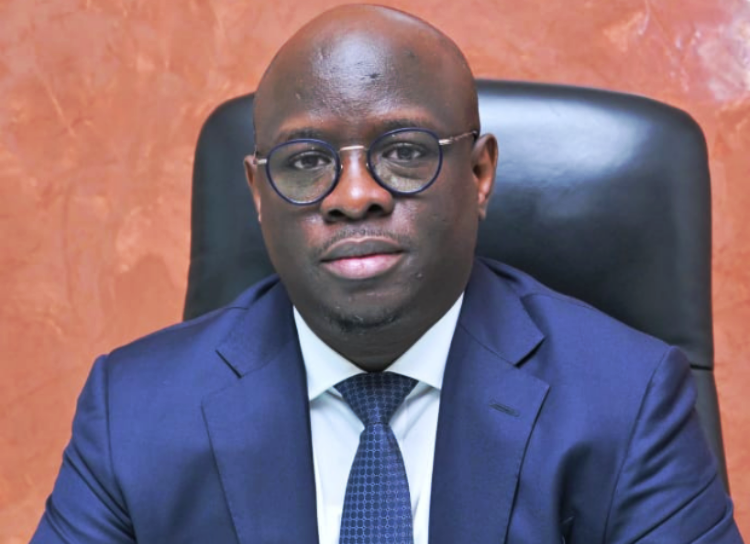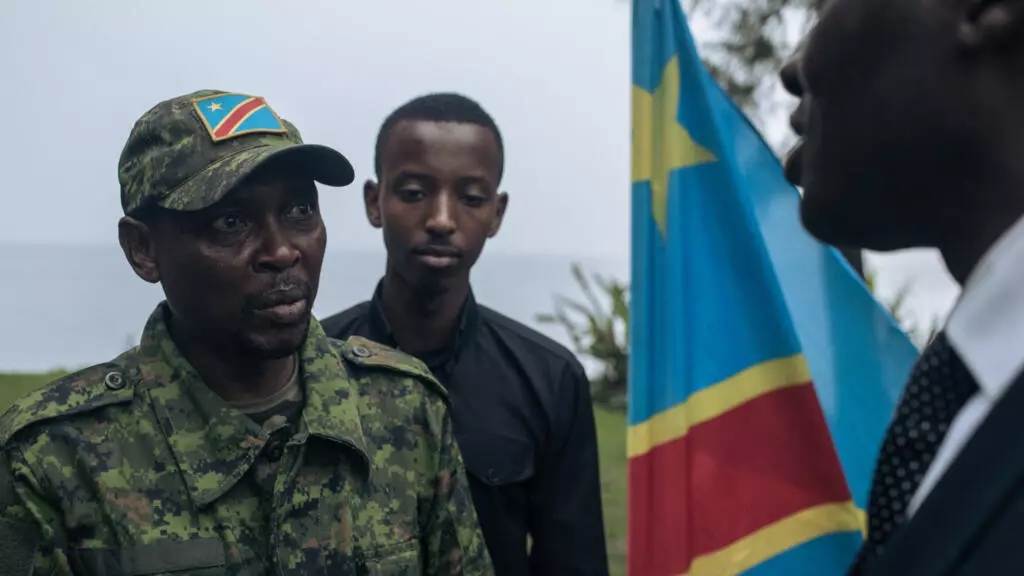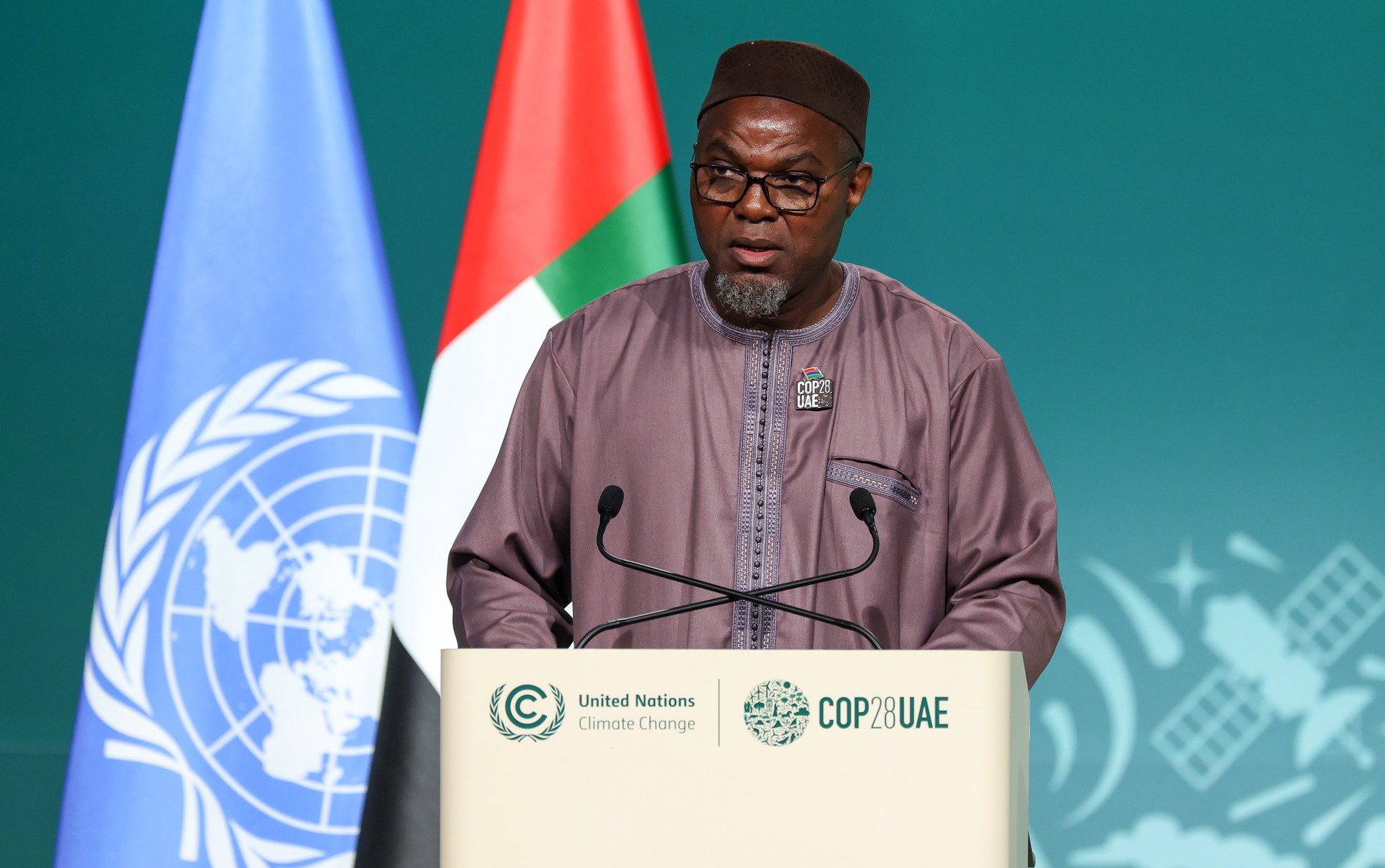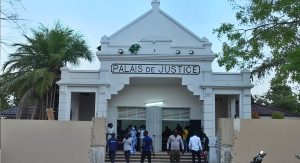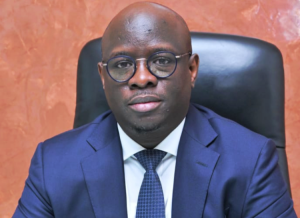At the Heads of State Summit of the ongoing Conference of the Parties of the United Nations Framework Convention on Climate Change (#COP28) in Dubai, Vice President of The Gambia, Mohammed B.S. Jallow, gave his speech today.
During his speech, Vice President Jallow went over The Gambia’s current local adaptation programs, which include strengthening flood-mitigation infrastructure, climate-resilient farming methods, and more recent initiatives like climate-smart agriculture and climate-resilient fisheries. He emphasized how crucial these steps are to saving the Gambia’s population and ecology. In addition, Vice President Jallow thanked the United Arab Emirates on behalf of Adama Barrow.
Underscoring the widespread effects of climate change worldwide, Vice President Jallow reaffirmed The Gambia’s steadfast dedication to a sustainable future. He underlined how committed the country is to advancing green energy and environmentally friendly technology, as well as the shift towards a low-carbon economy.
The Vice President gave an overview of The Gambia’s proactive initiatives, stating that the nation revised its nationally defined contribution in December 2021. Additionally, in September 2022, The Gambia filed its Long-Term Climate-Neutral Development Strategy 2050 (LTS) with the United Nations Framework Convention on Climate Change in accordance with the Paris Agreement.
“In addition, we are working on local adaptation measures that range from reinforcing flood mitigation infrastructure to implementing climate-resilient agricultural practices, including the recently launched climate-smart agricultural projects, climate-resilient fisheries, and adaptive capacity strengthening of our rural populations through climate-resilient and diversified livelihoods.” All of these initiatives are essential for protecting our people and ecosystems, the Vice President said.
The Vice President pointed out that despite these regional initiatives, funding limitations represent a major obstacle to taking complete action. He called on wealthier countries to keep their word and extend more assistance to weaker countries suffering from the effects of climate change.
VP Jallow concluded by highlighting the need for awareness-raising and education in promoting a group response to climate-related issues. He called for active engagement, noting, “We must educate our citizens about climate change, foster a sense of stewardship, and inspire them to participate actively in our efforts to transition and adapt.”




